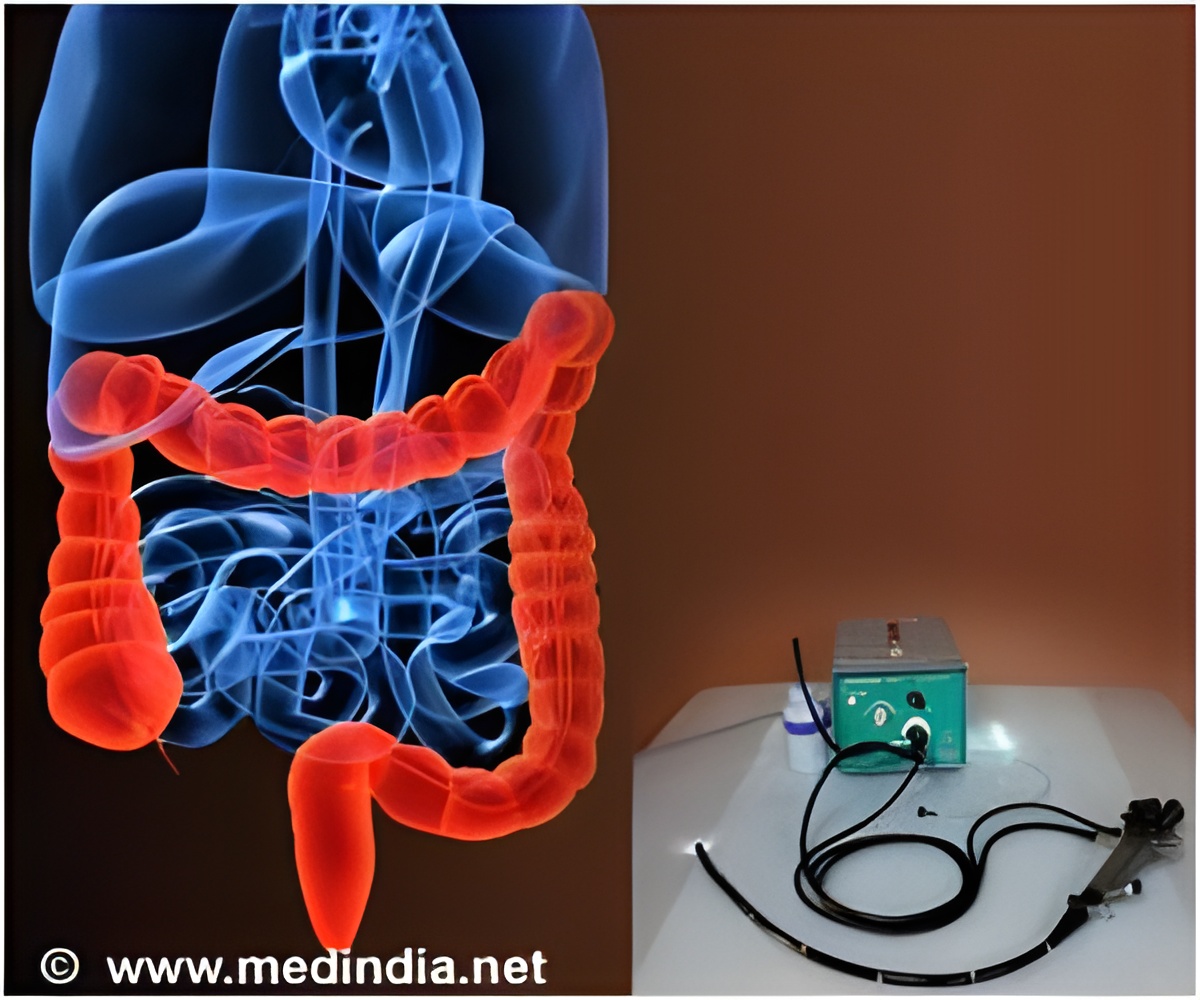
Unlike other available stool-based CRC screening tests, which rely solely on detecting occult blood in the stool, this new test, called "Cologuard", developed and patented by Exact Sciences, detects both occult blood and abnormal DNA that is shed by polyps and cancers. Although a colonoscopy is the preferred CRC screening method in most of the United States, about 30-35% of individuals do not get screened. Until now, stool-based CRC screening tests that were based on detecting occult blood in the stool had many false-positives and false-negatives; not all blood in the stool is from a polyp or cancer, and not all cancers bleed enough to be detected.
"This test is done in the privacy of your home, on a single specimen, and shipped directly to the lab without the need for freezing the sample," says Steven Itzkowitz, MD, a trial investigator and Professor of Medicine and Director of the Gastroenterology Fellowship Program at the Icahn School of Medicine at Mount Sinai.
In the study, participants submitted a stool sample for a commercial occult blood fecal immunochemical test (FIT) as well as for the new multi-target stool DNA test. Everyone then had a colonoscopy as the gold-standard comparator. All enrollees were considered "average-risk", meaning they were asymptomatic men and women 50 years or older, the segment of the population recommended for colorectal cancer screening. Data published today includes that the test detected 92% of colorectal cancer in patients versus FIT's 74%. The test also detected 42% of advanced pre-cancerous lesions in patients as compared to 24% for FIT.
The test might also be useful as an 'interval' look between colonoscopies to make sure lesions are not developing before the next scheduled colonoscopy for higher-risk individuals who are advised to get more frequent colonoscopies.
Dr. Itzkowitz is on the Scientific Advisory Board of Exact Sciences Corporation.
Advertisement
Other authors include experts from Indiana University, University of North Carolina, Mayo Clinic Rochester, MN; Kaiser Permanente Medical Center, Walnut Creek, California; Boston Biostatistics Research Foundation, Boston, MA; and Exact Sciences Corporation, Madison, WI.
Advertisement
Source-Eurekalert














